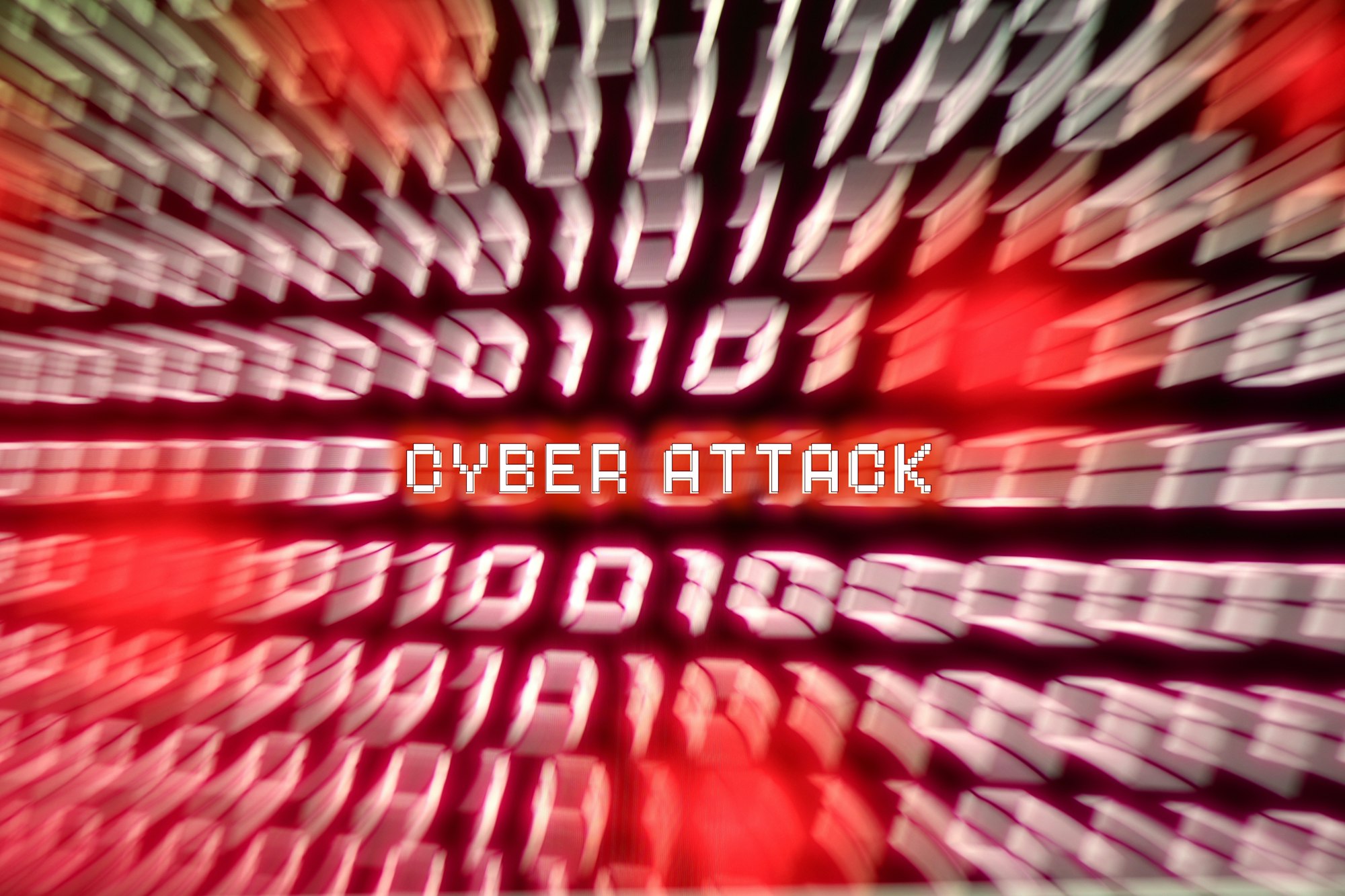Understanding the Cyber-Attacks and Germany’s Reaction
APT28: The Suspected Group
In 2023, Germany was hit by multiple cyber-attacks targeting important government areas like the Social Democrats and the defense and technology sectors. These attacks are believed to have been carried out by a group called APT28, which is thought to be connected to Russian military intelligence. The timing seemed to be in retaliation to Germany sending tanks to Ukraine. The group exploited a flaw in Microsoft Outlook to break into the servers of the targeted organizations, causing considerable trouble.

Germany’s Strong Reaction
The German Foreign Minister, Annalena Baerbock, and other officials pointed the finger directly at Russia for these cyber-attacks, saying they were state-sponsored. Baerbock spoke out strongly against these acts, calling them unacceptable and stating they must have consequences. This shows Germany’s seriousness about fighting back against cyber threats and protecting its democratic systems.
Wider Impact and Diplomatic Actions
These cyber-attacks had effects outside of Germany, with the Czech Republic experiencing similar problems. Both the EU and NATO criticized the attacks, noting the ongoing danger of cyber groups that try to shake up regional security. By calling in a top Russian official, Germany is making it clear they see this issue as serious and are ready to tackle the threat posed by Russia head-on.
How Cyber Warfare is Changing
Russia’s Tactics
Cyber-attacks are a big part of Russia’s strategy to mix traditional and non-traditional warfare methods, aiming to target political groups and stir up trouble in societies. They also use fake news and fake networks to make their attacks more effective, creating confusion and misleading the public.
Growing Dangers and Global Issues
The increase in cyber-attacks and fake news is a major concern for worldwide peace and safety. Organizations like the World Economic Forum and NATO are stressing the need to deal with these issues as seriously as we do with traditional military threats. As world politics keep changing, making sure our cyber defenses are strong is crucial to protect democracy and maintain order.
Germany’s handling of these cyber-attacks shows how warfare is changing and emphasizes the need for strong diplomatic and cyber security efforts.

Frequently Asked Questions (FAQs)
1. Who is APT28 and why are they significant?
APT28, also known as Fancy Bear, is a hacker group believed to be linked to Russian military intelligence. This group is significant because it’s known for carrying out cyber-attacks that target governments and other important organizations, aiming to gather intelligence, disrupt operations, and influence political outcomes. Their recent attacks on Germany were particularly notable due to their timing and the critical nature of the targeted sectors.
2. What was Germany’s response to the cyber-attacks?
Germany responded strongly to the cyber-attacks by publicly blaming them on the Russian state, which is a significant diplomatic move. German officials, including Foreign Minister Annalena Baerbock, condemned the attacks as unacceptable and stressed the need for Russia to face consequences. This response highlights Germany’s commitment to protecting its institutions and maintaining its stance against cyber threats.
3. How do cyber-attacks fit into modern warfare?
Cyber-attacks are increasingly being used as a tool in modern warfare, allowing countries to engage in hostile actions without traditional military force. These attacks can target critical infrastructure, steal sensitive information, and sow discord within societies—all of which can weaken a nation without a single shot being fired. As seen with Russia, cyber-attacks are integrated into broader strategies that include misinformation and other hybrid warfare tactics to destabilize and manipulate geopolitical situations.
Sources The Guardian


